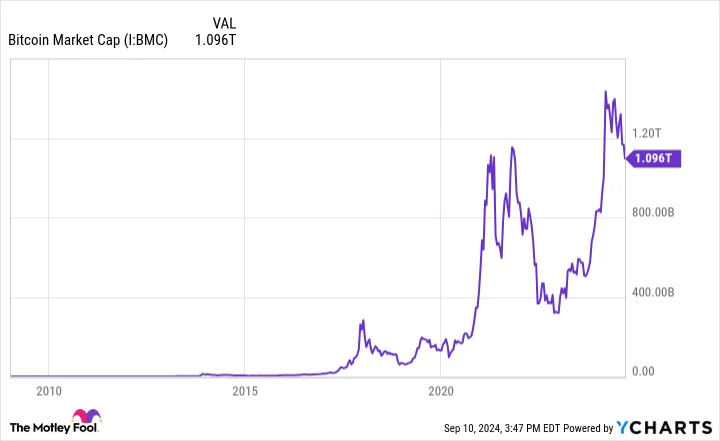(Bloomberg) -- The mastermind behind one of the biggest-ever Bitcoin heists was ordered to serve five years in prison for conspiring with his social-media rapper wife to launder money he stole by hacking into the Bitfinex exchange and grabbing cryptoassets now worth billions of dollars.
Ilya “Dutch” Lichtenstein was sentenced in Washington federal court Thursday, after he and his wife, Heather Morgan, pleaded guilty last year in a scheme to hide proceeds from the 2016 hack. Prosecutors recommended he get five years. Morgan, known as “Razzlekhan” in her rap videos, will be sentenced Nov. 18. The government recommended an 18-month sentence for her.
Lichtenstein, 37, faced as long as 20 years behind bars. But the government cited his substantial assistance that “has benefited numerous investigations.” The Bitfinex hack resulted in the theft of 119,754 Bitcoin worth about $71 million at the time. But since then, the cryptocurrency has surged from $580 to more than $90,000 this week, boosting the value of the assets to billions.
“This is so massive, it is not comparable to other crypto crimes” based on its scale and complexity, US District Judge Colleen Kollar-Kotelly said before sentencing. Lichtenstein carried out his scheme over several years, which undermines defense claims that his actions were “impulsive,” the judge said. “This is a very serious offense,” she said.
Lichtenstein, a “highly skilled computer expert,” used several hacking techniques to gain access to the Bitfinex network, and then, in August 2016, fraudulently authorized more than 2,000 transactions to move Bitcoin to a cryptocurrency wallet he controlled, the government said.
He and his wife used sophisticated and meticulous money-laundering techniques to hide the stolen proceeds, including setting up accounts under fictitious identities, moving funds in small amounts, and breaking up the trail of transactions by depositing and withdrawing funds from crypto exchanges and darknet markets. They bought nonfungible tokens, gold and Walmart gift cards, according to the government.
“They were meticulous and devoted to laundering the funds,” said Jessica Peck, a prosecutor on the case. She said the couple was able to launder 21% of what was stolen in the Bitfinex hack.
Lichtenstein “became one of the greatest money launderers that the government has encountered in the cryptocurrency space,” prosecutors wrote in an October sentencing memo. “If the defendant were to take what he has learned from this prosecution and incorporate it into a future money laundering scheme, he would be even better-equipped to conceal his activity while monetizing his crimes,” they wrote.
Since his plea last year, Lichtenstein has assisted the government in other criminal cases, including as a government witness in a money-laundering trial involving a mixing service called Bitcoin Fog.
Other Hacks
While Lichtenstein had no official criminal history before his arrest in 2022, the Bitfinex hack wasn’t his first, the government said. As a juvenile, he experimented with hacking and financial fraud, and around 2015, he illegally transferred a small amount of PayCoin, an alternative form of virtual currency, prosecutors said. The following year, he stole about $200,000 from a virtual currency exchange, the government said.
But he also worked in legitimate businesses. While in college, Lichtenstein ran a digital marketing agency from his dorm, and after graduation, a software company he co-founded grew to 30 employees, the government said.
“His decision to use his skills for criminal ends is thus particularly disappointing, but it gives hope for continued successful rehabilitation,” prosecutors said in the sentencing memo.
Morgan attended Thursday’s sentencing, along with Lichtenstein’s family. Lichtenstein expressed remorse to the judge and pledged that he would use his skills to help with cybersecurity. “I can make a real difference in the fight against cybercrime,” he said.
He asked that his wife avoid prison time. “Heather is only involved in this case because of me,” he said.
The case is USA v. Lichtenstein, 23-cr-00239, US District Court, District of Columbia (Washington).
(Updates with comments from hearing, background on case.)





